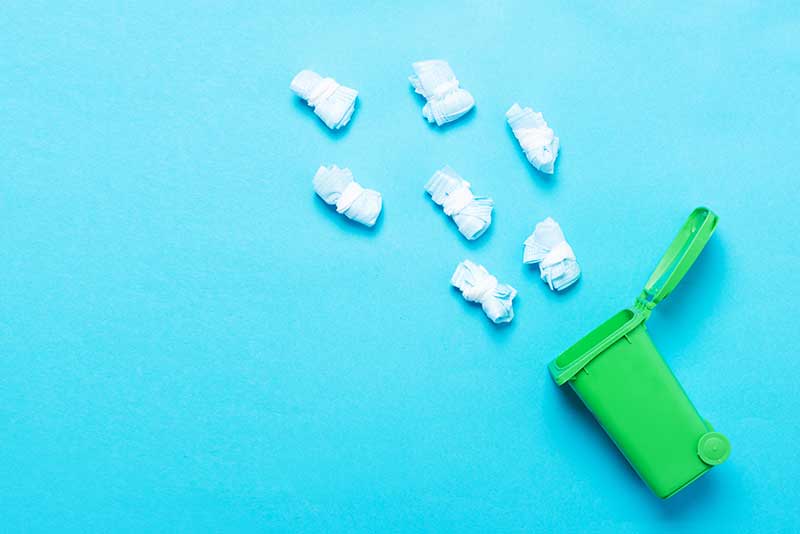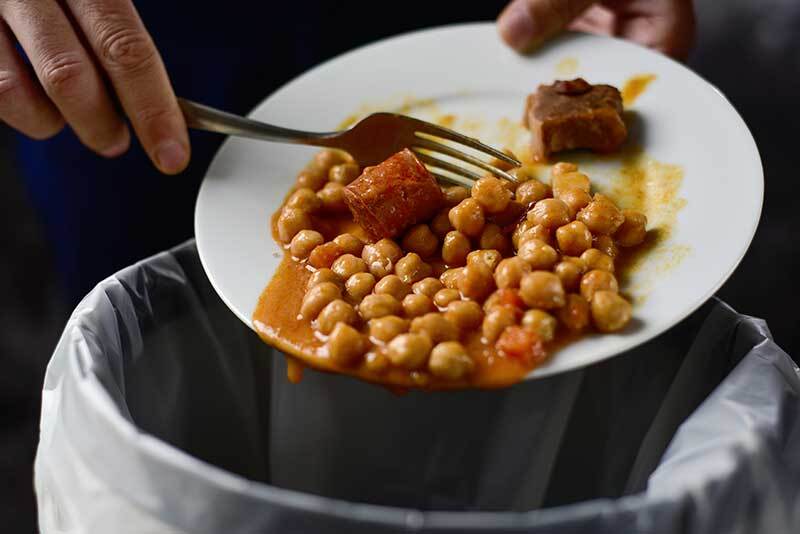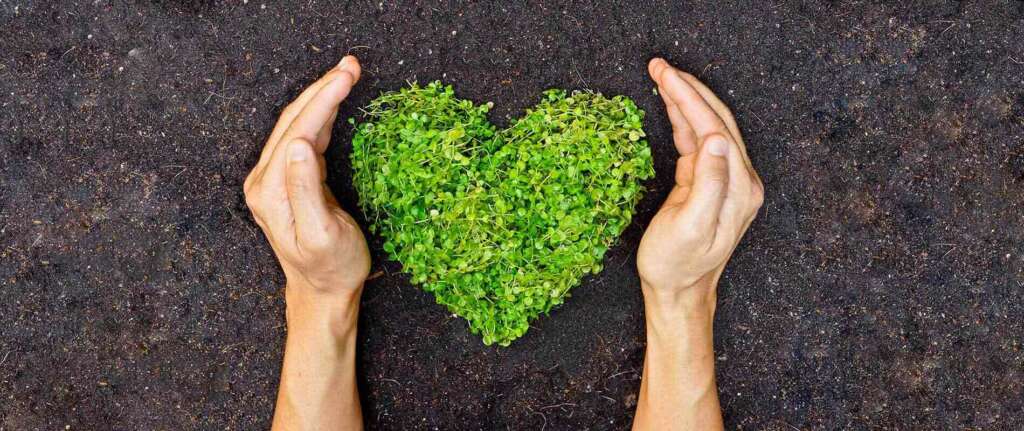Have you ever wondered what our planet will look like in the future? Climate change and global warming are no longer distant threats; they are happening right now, and we are already seeing their effects. From extreme weather to rising sea levels, the signs are all around us. But here’s the good news: we can do something about it!
Living an eco-friendly lifestyle isn’t just about banning plastic straws. It’s about the small, everyday choices we make that can have a big impact on the environment. Imagine reducing trash, saving electricity and water, and teaching these habits to our kids. Every little step counts, and together, we can make a huge difference.
Ready to learn how you can help save our beautiful planet for future generations? Keep reading for simple, effective tips to make your home and lifestyle more eco-friendly. Let’s dive in and discover how easy it can be to make a positive change!
Here are some easy ways to be eco-friendly at home:
1. Recycling

Reuse or recycle, whatever you want to call it, but this is one of the main mantras of waste management. Everything you purchase from the market impacts the environment, right from its manufacturing to its packaging, which eventually ends up in the trash can. So, whenever you go shopping, look for products with minimal packaging. If you are going to the cafés, ask for a recyclable can if you take out delivery or take your coffee mug for a refill. Not only will it help in reducing tons of waste, but it also keeps you safe in the current covid situation. Also, throw paper, soft drinking cans, and plastic into the recycling bin instead of throwing them straightaway in one dustbin. You can also apply this at home to live an eco-friendly life.
2. Ditch Plastic

It seems a little challenging to stop plastic, as plastic exists in every other aspect of our lives. Whether we buy groceries or bottled water, plastic is everywhere. One of the best ways to cut down on plastic is to use a canvas bag whenever you go shopping for groceries and vegetables, as it is one of the best alternatives to plastic. Avoid disposable cups, straws, and facial wipes whenever possible for you.
3. Stop throwing your garbage on the road

Now, this is a significant problem and one of the most familiar sights we see daily, and at some point, we are also guilty of it. So many times, people dump their garbage on the road while driving instead of throwing it in a trash can. This habit of littering first seems negligent as people think that it is alright, and we are not going to do it again. However, that little dump later converts into a huge pile of garbage, which becomes an unpleasant sight for the city and pollutes the air, which is another major concern. Hence, it is essential to use a dustbin and stop other people from littering and encourage them to use a dustbin.
4. Turn off the switch

This is a real bugbear for many people. We might have lost count when we leave something plugged in and forget to turn off the light or TV and most of the time our mobile charger, even though we are not using it. This is literally like throwing your money and affecting the environment as conserving energy is crucial in reducing your carbon footprint. So, switch it off or unplug it whenever you are not using any electronic device (TV, lights, Mobile). Trust us. You will see a considerable improvement in your electricity bills. And it is also one of the most cost-effective ways to be eco-friendly at home.
5. Choose local and fresh as much as possible:

Eat locally and seasonally as much as you can since it is good for your health and environment. If you are eating apples imported from another country, it is not sustainable for the environment due to all the pesticides and other chemicals to keep them fresh. Also, don’t forget the amount of fuel used in transportation. Eating seasonal fruits and vegetables is one of the key aspects of living an eco-friendly lifestyle. The same goes for eating seasonal food as these are not grown in an artificial environment(greenhouses). So, eat healthier and contribute to more sustainable living.
6. Be Water-Wise

Save water and save lives are phrases we have been listening to since our childhood. It is essential to know that still millions of people do not have access to something as crucial as clean drinking water. Hence, saving water is beneficial for the sustainable utilization of our planet’s resources and our wallets. You can easily save water at home by closing your running tap while brushing your teeth or washing your face. Fix any leakage or recycle the water. You can also collect rainwater in a barrel to water your plant later. It is one of the easiest ways to live an eco-friendly lifestyle at home.
Did you know, that an average water purifier wastes approximately 3 liters of water for every one liter of purified water? RO wastewater can be utilized in various household tasks, so next time make sure you don’t waste the rejected RO water.
7. Stop Wasting Food

We have been there sometimes we waste food unintentionally. But sometimes, it is intentional. According to a study, approximately 690 million people are hungry, and on top of it comes the wastage of food. These waste foods contribute to eight percent of total greenhouse emissions. So, stop throwing out food when you have leftovers, instead save it for the next day’s lunch or if you don’t want to eat it, then turn it into compost.
8. Travel Wisely

If your destination is close enough, ditch your car and walk or ride a bicycle as it is best for your health and great for the environment. Instead of using your car or bike to commute to your office, daily, use public transport occasionally and you can also opt for carpooling. It reduces greenhouse emissions but also saves you some extra bucks.
Finally, educate yourself and others too
Apply these simple yet effective habits to be eco-friendly lifestyle at home and also educate others about the importance of chemical free living. The more you share awareness about our environment, the more we will be able to conserve it.

Priyanka Khurana Goyal is a prominent Indian figure renowned for her diverse accomplishments and contributions across various fields.. Read more



